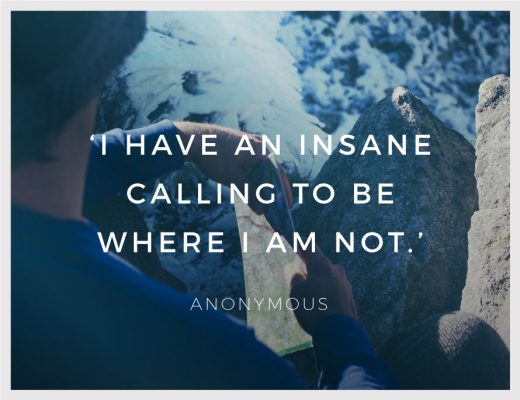Virtual reality. It’s the next big thing. It’s already changed the rules of gaming, cinema and medical training. So, the question is, how long before virtual reality changes the rules of travel? And, more importantly, when it does, will that make or break the travel industry?
Virtual reality is defined as a “computer-generated simulation of a three-dimensional reality that can be interacted with in a seemingly real or physical way“. VR can be “accessed” through specialised equipment, most famously the Samsung Gear VR and Oculus Rift headsets. The technology of VR has reached a stage so advanced that one could theoretically visit the Eiffel tower or enjoy a gondola ride in Venice from the comfort of their own living room.
Innovators in the travel industry have already jumped on the opportunity to create Apps that provide exclusive VR tours and experiences. A San Fransisco App, Ascape provides virtual reality tours in beautiful destinations around the world, while Freefly VR provides a curated list of VR Apps you can use to travel the world.
The question that arises is whether these VR tours incite the desire to travel or satisfy it. On the one hand, VR tour Apps could provide a source of wanderlust, giving people a taste of what awaits if they travel. On the other hand, people could see it as a quicker, cheaper and easier alternative to travel.
Long day at work? Jet off to an island in the Caribbean to relax. Bored on the weekend? Discover Rome from the comfort of your own home. While studies so far indicate that VR travel experiences actually inspire people to travel more, one can’t help but wonder if this will remain the case as VR technology becomes more sophisticated, more immersive and ultimately more “realistic”.
But it’s not just new players in the travel industry who are experimenting with VR. Hotels, airlines and even travel agencies are joining in on the fun. The Shangri-la hotel chain gives potential customers and visitors the chance to explore their hotels and resorts around the world through 360-degree videos. Some Marriott hotels have started using an add-on service, with guests being able to request an in-room virtual reality experience. Meanwhile, Lufthansa airlines have long been looking into the potential of VR and even launched a virtual reality flight experience. Some brands are also looking into it as an in-flight entertainment option. And let’s not forget travel agencies, such as Thomas Cook, who plan to use VR to give their customers a chance to “test” their holiday before booking it.
It seems that the key players in the travel industry are using Virtual Reality to “up their game”, either by integrating it into their marketing efforts or by implementing it into their services.
So far, there has been little indication as to what kind of ROI virtual reality gives. Is it a shiny new gimmick or a precious gem? And if yes, does that mean it should be handled with care? Could too much messing about harm the travel industry? Ultimately, it is too soon to tell if virtual reality will make or break the travel industry. One thing is for certain, though. Virtual reality is not just changing the rules of the game, it’s changing the game itself. Pretty soon we’ll be debating the benefits of physical travel vs virtual travel…Oh, what a time to be alive.
Looking for something as new and trendy as a virtual reality experience? Book an Experience with LocalBini! Discover real cities, meet real people, make real memories…





No Comments